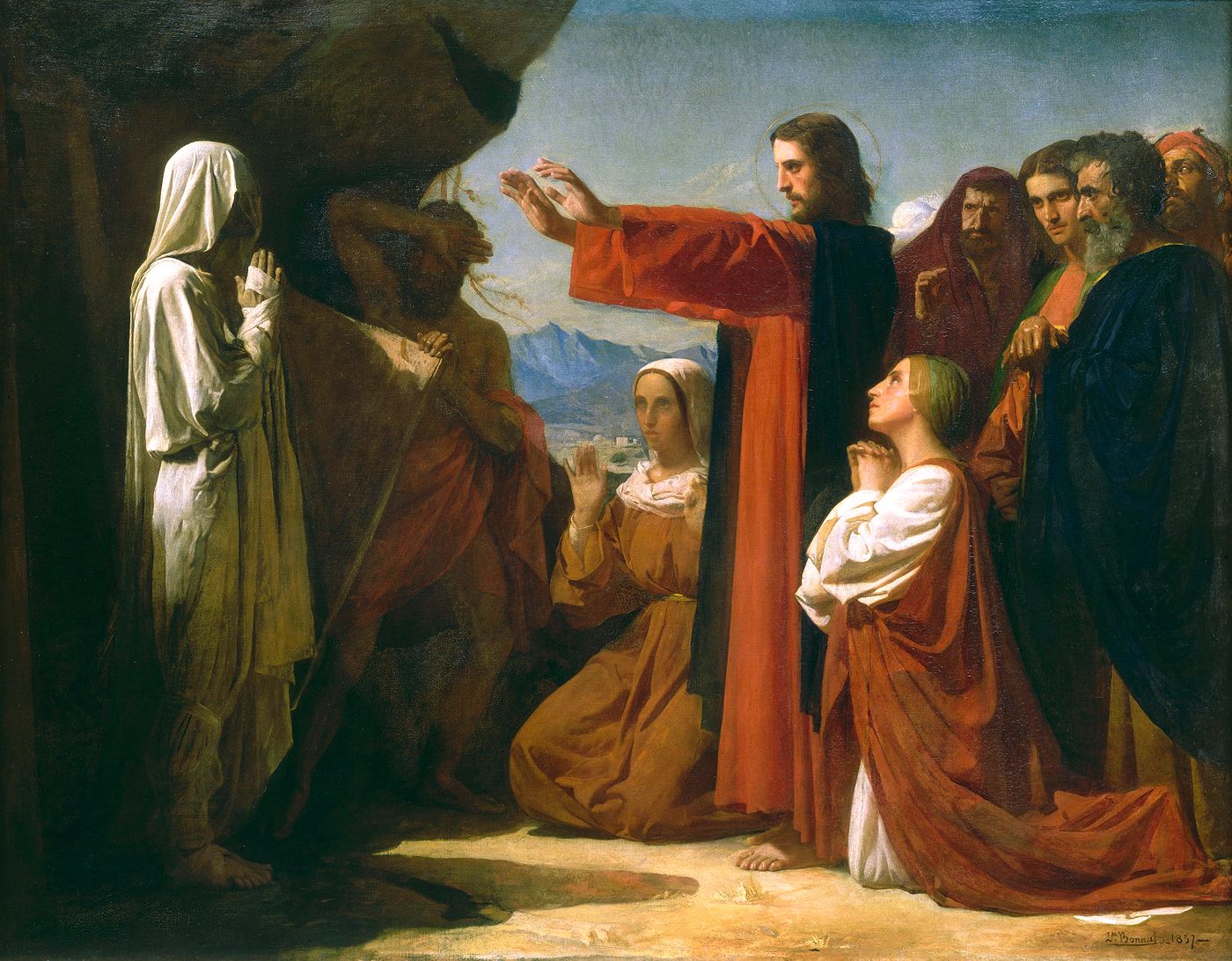In today’s First Reading we’re reminded that there are prophets and there are false prophets. False prophets often tell you something you want to hear, because they want to get something out of you. Jeremiah knew the only proof to confirm or discredit Hananiah was whether his prophecy came true or not. Jeremiah knew that he was sent from the Lord to warn Judah about its actions and the disaster that was going to result. Judah needed to change its ways; Hananiah told them everything would work out.
We don’t know why Hananiah misled the people; perhaps he didn’t believe in the Lord at all, and was just trying to tell the people something to bring them over to his point of view. In the religious age in which they lived speaking falsely in God’s name, since it was difficult to prove, was a grave offense, and Hananiah didn’t fool the Lord. The true measure of a prophet is whether he is speaking the truth in the name of the Lord. Hananiah forfeited his life.
Today we have the grace of knowing many prophets were true because their prophecies and promises were fulfilled in Our Lord. His victory over sin and death was prophesied for centuries, and came to fulfillment in him through his Incarnation and sacrifice on the Cross. His message remains the same yesterday, today, and forever. Let’s trust his message in order to conquer sin and death in our lives as well.
Readings: Jeremiah 28:1–17; Psalm 119:29, 43, 79–80, 95, 102; Matthew 14:13–21. See also 2nd Week of Easter, Friday (2), Tuesday after Epiphany, 1st Week of Advent, Wednesday, 17th Sunday in Ordinary Time, Cycle B, and 2nd Week of Easter, Friday.


